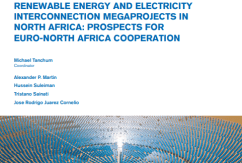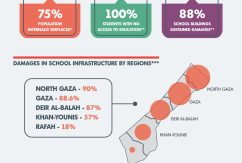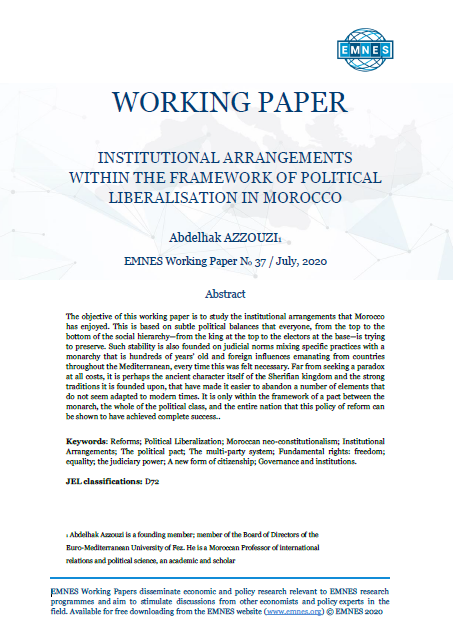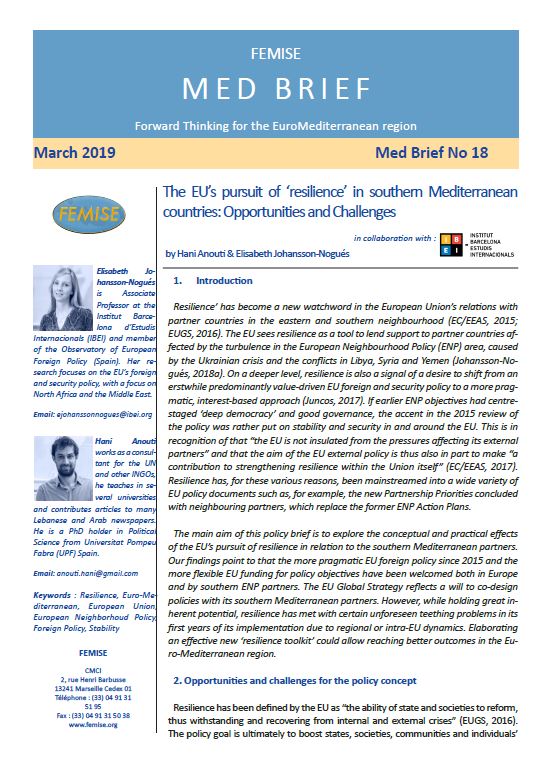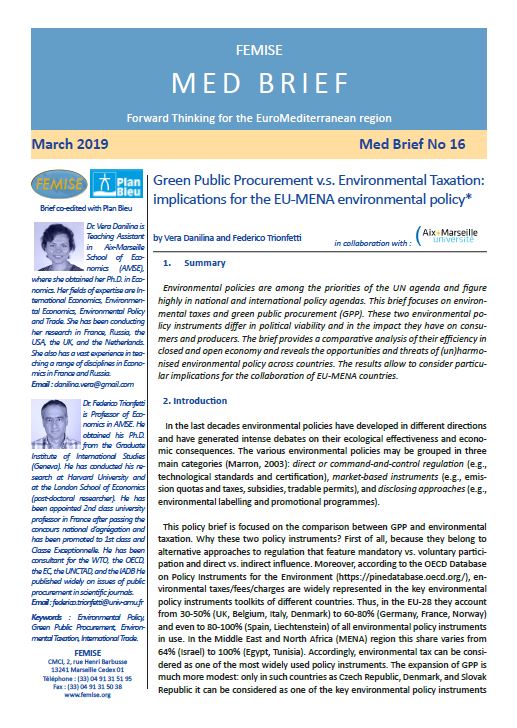Euromesco Joint Policy Study 15 – Ensuring water security in the Middle East: policy implications
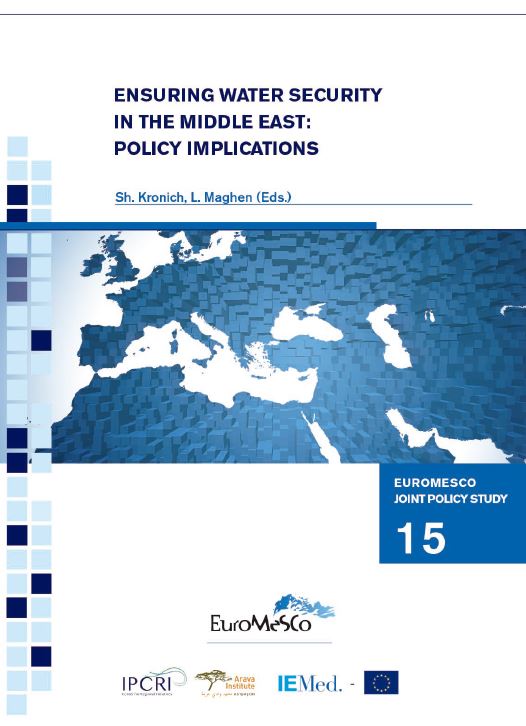
Over the last decades, desertification and water-scarcity have become major problems in the Middle East, and more specifically in the Eastern Mediterranean region (Jordan, Israel, Lebanon, the Occupied Palestinian Territories and Syria). These developments have had significant political and socioeconomic impacts for the region. Increasingly securitized, water has been transformed into a political card, discouraging inter-state cooperation. Securitization of water has also led to exclusion of civil society and non-governmental actors from resource management.
This Joint Policy Study discusses securitisation and de-securitisation trends in the region and examines the policies that can ensure water security. It argues that multilateral cooperation can trigger effective cooperation over shared water resources. Furthermore, civil society should be reincorporated into management and monitoring of water resources, which would lead to gradual desecuritisation of this resource.









